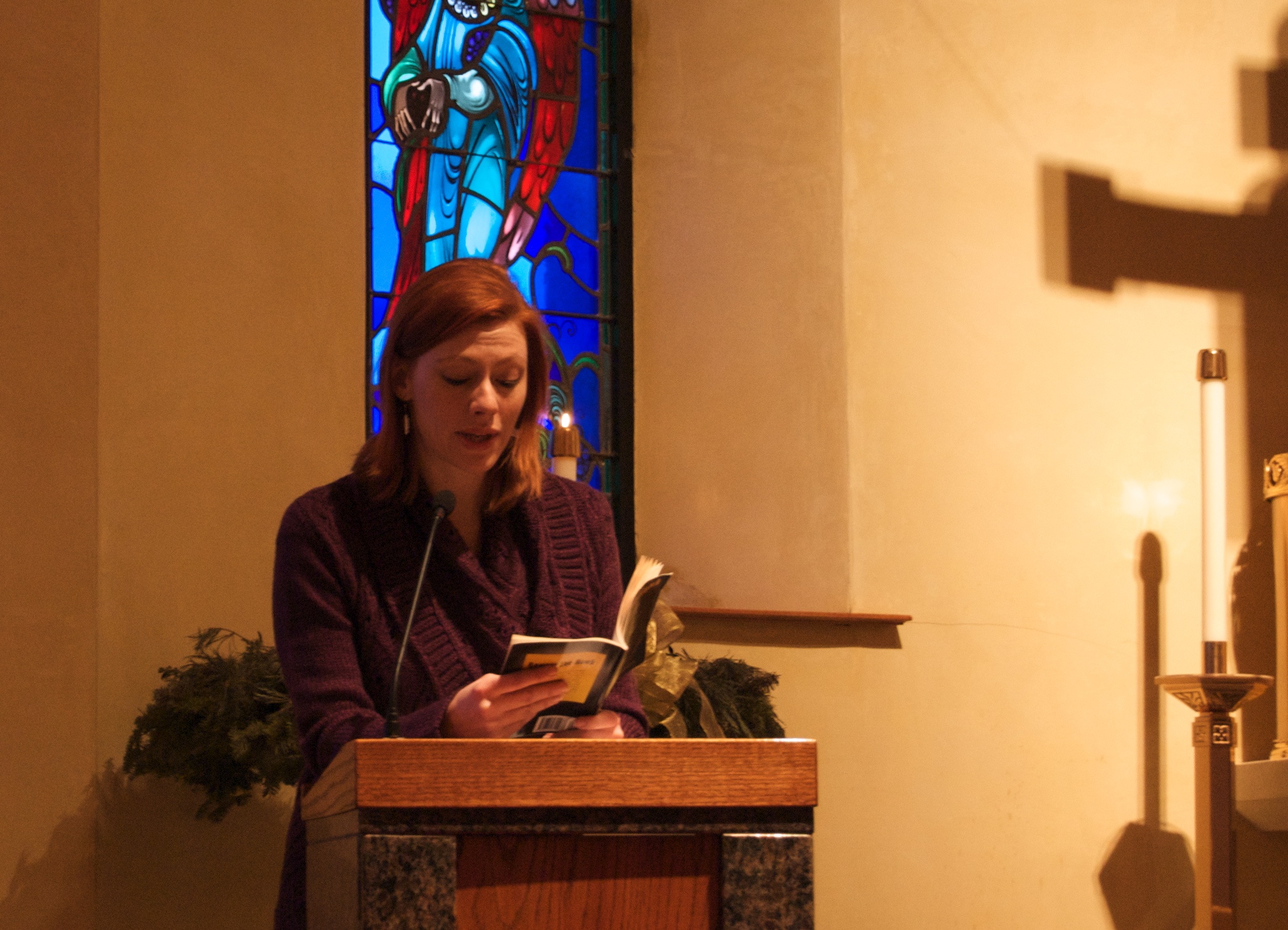I posted a little while ago about DinoLand, my sci-fi novel which will be serialized, starting this Sunday, over at Geek Eccentric.

photo credit: Scott Kinmartin via photopin cc
Well, it’s almost dinosaur time and I’m as nervous as an attorney staring down a T-Rex in the rain. Since this is a brand new process for me, I thought I’d write a little bit about what I’ve been learning so far. Here are some of my first take-aways:
Starting out with a lot of material doesn’t necessarily mean you have less work to do.
I started this project with more than 200 pages of DinoLand, written over a period of two or three National Novel Writing Months, including a ridiculous amount of backstory. When I started importing all that into Scrivener, I realized that unless I write a prequel, I’m not going to use all of this material. Also, the work that I am using needed several rounds of edits. So while I have six months of DinoLand written and outlined, months 3 through 6 still need edits and work. (Chapter 2, for April, is already edited and turned in to the artist.) Speaking of which…
Working with an artist is an incredible experience. It’s easy to get overwhelmed by that.
Working with Max Farinato has been my favorite part of the DinoLand project so far. It’s amazing to watch his sketches develop, and even more amazing is the way I’ve seen the world I invented taking shape in his art. Every time Max sends me a sketch, I gush uncontrollably about how much I love his work, which is true, but maybe not helpful to him.
There should be some sort of guideline for working with an illustrator, because I suspect that I haven’t been easy to work with. For example, I probably should have sent him rough ideas of what my principal characters look like so that the art and my prose will match. I forget that I haven’t described everyone on page one of chapter one. I should probably also ask more often what he needs from me to make his job easier.
Oh my god. The comment section. Oh my god, the comment section.
Despite the fact that I’ve been blogging for a long time, it has somehow just occurred to me that people will be able to comment directly after reading my chapter. It’s not like I haven’t gotten comments on fiction before — short pieces of mine have been published in journals with comment sections — but I think of novels as something that are put out to the public as a whole. If a novel receives criticism, it’s in the form of a review on another site, not in a comment section. So despite the fact that I consider myself a Big Damn Progressive Child of the Internet, I’ve still been thinking about fiction and novels in a very old-fashioned way.
And lastly, Does serial fiction work differently from a novel? I’m not sure.
While comment sections are relatively new, serial fiction is not. I’ve spent a lot of time in the last two years reading novels that were originally published as serial fiction: Anna Karenina, The Count of Montecristo, Bleak House, Great Expectations. I don’t know if anything was changed before they were compiled into novels, but it seems to me that there has to be some repetition if a novel is released serially. If you’re releasing a chapter every week or month, you need to remind your readers of certain things that they can’t just flip back and check if they’re holding the book in their hands. Of course, now we have links – I can just link chapter two to chapter one – it’s the one thing I can do that Dickens could not, Still, every chapter should be able to stand alone, right? That way, if someone stumbles on chapter three before reading one and two, the reader won’t be totally lost. How do comic writers do this? How do television writers do this? Am I overthinking this? I might be overthinking this.
Those are my thoughts so far, at least until Sunday, when the fictional dinosaurs stampede out of the gate at Geek Eccentric. I’m sure I’ll have more to say then.


